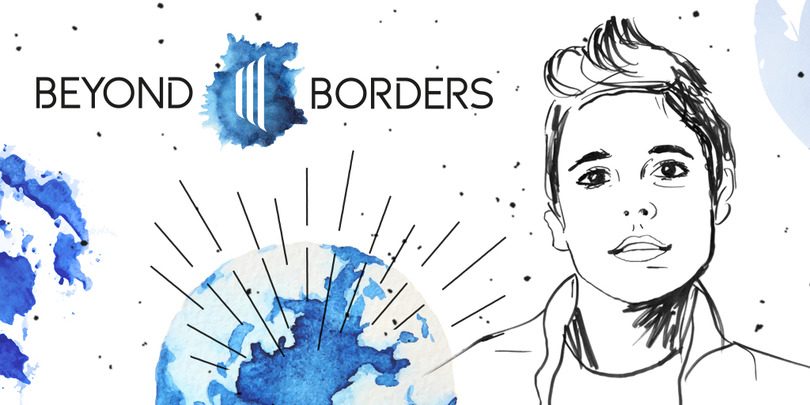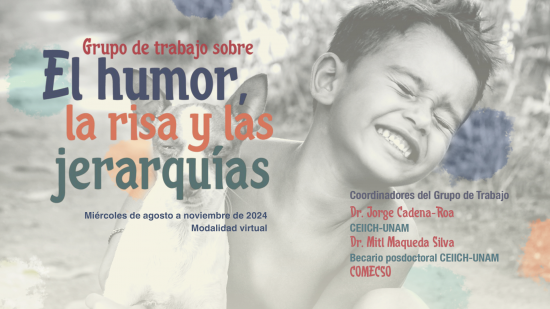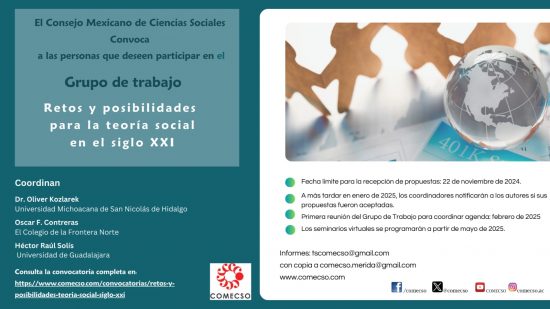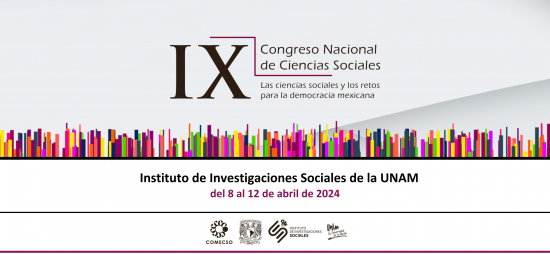Borders, Democracy and Security
BEYOND BORDERS supports research about borders and boundaries in past and present times. It promotes interdisciplinary exchange in social sciences and humanities. The Call for Applications 2020 is open till January 15, 2021, and focuses “Borders, Democracy and Security”.
About
Borders are an integral part of our everyday life. Political, social, virtual, intellectual and cultural borders are hotly contested, both in international contexts around issues of migration, security, trade, or global education and within nations trying to deal with increased diversity and changing notions of national culture and history. Geographical borders separate states, regions and cities. They mark the breadth and depth of territorial organization while informal symbolic and social boundaries define values and norms for social, cultural, and religious life. All types of borders can be conceived as social constructs: They may refer to cultural and historical backgrounds, result from international treaties or political negotiations or reflect public debates on controversial topics.
In our increasingly globalized world in which human mobility and the constant circulation of goods, objects, ideas and practices are also an integral part of everyday life, the importance of border making and crossing is growing. Borders and cross-border regions function therefore as manifestations of social, political, economic and cultural change.
Focus 2020
Borders, Democracy and Security
The unprecedented travel bans and closures of national borders during this time of COVID-19 make borders more visible than ever before. However, the ad-hoc restrictions introduced in spring 2020 were selective: Citizens, permanent residents, migrant workers judged “essential” for health care, social welfare and public services could still enter “sealed” national territories. Other travelers such as temporary residents, visitors, circular migrant workers or refugees were excluded. The numerous images of extensive controls and closed doors, and at the same time, new forms of cross-border political, economic, cultural life that emerged in response, made clear how regionally and globally interdependent we have become.
How does globalization influence the dismantling and the resurrection of borders worldwide, be they political, economic, cultural or intellectual? Which borders and boundaries are shifting and why? What kinds of new pathways of connections and cooperation are emerging in response? What kinds of historical processes have led to the transformation of borders and border regimes? How do these challenge longstanding power hierarchies? To what extent might cultural revolutions transform or pull apart borders and boundaries? Can democracy function beyond national borders? How are the relationships between citizens and state changing with respect to rights and social protection, and how does that differ in different regions of the world?
Questions concerning borders, state transformation, democracy, social welfare, and security are the focus of the current call for applications for Ph.D. scholarships. We encourage applications for projects concentrating on following aspects, although other topics will also be considered:
- the conceptual construction of borders,
- the changing nature and functionality of national borders and its effect on regionalization,
- materiality and symbolism of borders,
- transformation of border and regional regimes,
- supra- and sub-national integration,
- citizenship and belonging,
- security and securitization,
- transnational social protection,
- cultural borders and their manifestation in arts and cultural production.
We invite applications from Ph.D. students worldwide studying borders and bordering phenomena in different regions of the world. Both empirical research based on extensive fieldwork and projects centered on theoretical reflection are eligible for support. Innovative and challenging research questions as well as comparative approaches are highly welcome.
Further information about the programme and application requirements can be found under https://beyondborders.zeit-
Te puede interesar
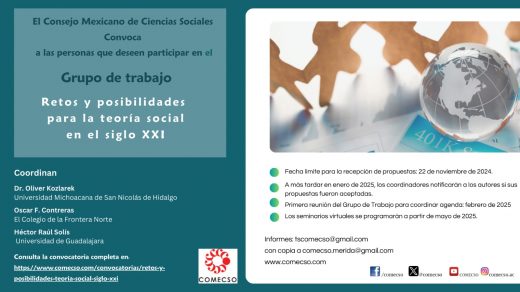
Retos y posibilidades para la teoría social en el siglo XXI
comecso - Nov 20, 2024El Consejo Mexicano de Ciencias Sociales, A.C. Convoca a las personas que deseen participar en el Grupo de Trabajo Retos…
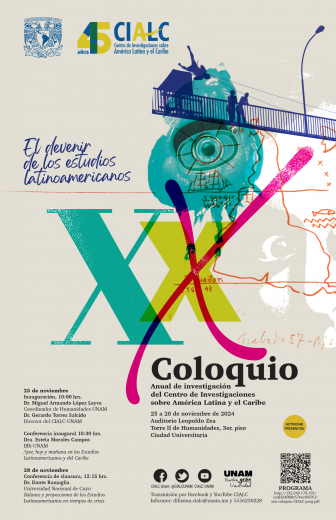
Coloquio anual de investigación del CIALC
Laura Gutiérrez - Nov 22, 2024Centro de Investigaciones sobre América Latina y el Caribe El devenir de los estudios latinoamericanos Coloquio anual de investigación del…

Imaginar futuros justos en la transición energética
Laura Gutiérrez - Nov 22, 2024La Cátedra UNESCO en Estudios del Futuro de la Universidad Autónoma Metropolitana, Unidad Cuajimalpa, en el marco de los trabajos…

Grupo de Trabajo El humor, la risa y las jerarquías
comecso - Nov 22, 2024Grupo de Trabajo El humor, la risa y las jerarquías Coords. Dr. Jorge Cadena-Roa y Dr. Mitl Maqueda Silva Ciclo…
